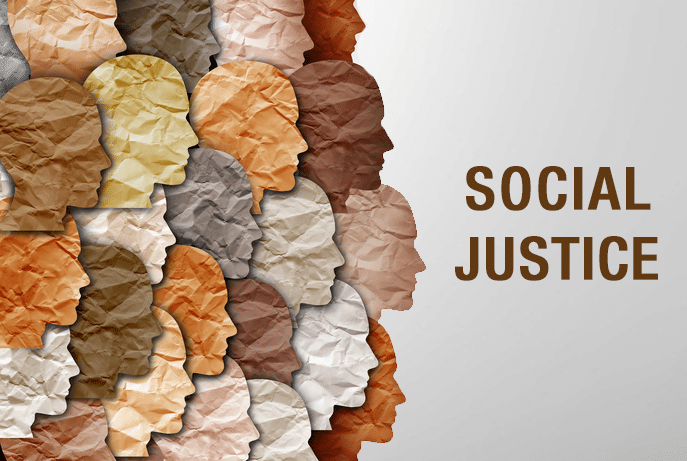Educators on the Front Lines of Social Justice
 We live in a society that is rapidly changing. The worldwide pandemic has shown us the harsh, but important, reality that divisiveness, inequality, and discrimination persist in our country. The murders of George Floyd, Ahmaud Arbery, Breonna Taylor, and too many others are stark evidence that racism still has deep and seemingly impenetrable roots in our country. This profound moment in time has brought despair to and heightened protest not only within the Black American community, but to people of all races throughout our country and the world. While addressing and rectifying these injustices requires the concerted effort of all American citizens, educators play an essential role in creating and ensuring an equitable existence for everyone.
We live in a society that is rapidly changing. The worldwide pandemic has shown us the harsh, but important, reality that divisiveness, inequality, and discrimination persist in our country. The murders of George Floyd, Ahmaud Arbery, Breonna Taylor, and too many others are stark evidence that racism still has deep and seemingly impenetrable roots in our country. This profound moment in time has brought despair to and heightened protest not only within the Black American community, but to people of all races throughout our country and the world. While addressing and rectifying these injustices requires the concerted effort of all American citizens, educators play an essential role in creating and ensuring an equitable existence for everyone.
Throughout our nation’s history, education has been pivotal in fostering citizenry. Abolitionist leaders understood the importance of a quality public education in promoting democracy. William Lloyd Garrison called for “a broader basis for government which includes all the people, with all their rights in their hands, and with an equal power to maintain their rights.” Wendell Phillips insisted that knowledge was given to impart upon others. Harriet Tubman instilled within us that “every great dream begins with a dreamer.” And Frederick Douglass wrote that “once you have learned to read, you will be forever free.”
Our democratic roots are engrained in the foundation of our educational system. Education opens minds and fosters a desire to positively contribute to and shape our society. And in theory, education should provide us the understanding and capacity necessary to be a citizen of this nation and the world. However, today’s educators face complicated barriers. From race-related issues and socio-economic challenges, to differences in linguistic and cultural backgrounds, such student variables present an unambiguous trial for teachers and educators at every level. The question presents itself: “How can we successfully teach and reach all students, from all backgrounds, while fostering a desire for increased social justice and awareness within them?”
Educators must embrace their responsibility as front line workers in dismantling structural racism within the American education system. Teachers are stewards of culture, and are in a position to protect history, promote facts, and prevent inhumanity. They have the opportunity to address issues of bias and discrimination in the classroom intentionally, challenging students’ beliefs, and building bridges among different cultures. We recognize that teachers are not the only ones who need to embrace this responsibility, however, their strong relationships with students place them in a unique role to dismantle structural racism.
Tags: diversity, equity, inclusion, Lynn M. Gangone, social justice, thought leadership






